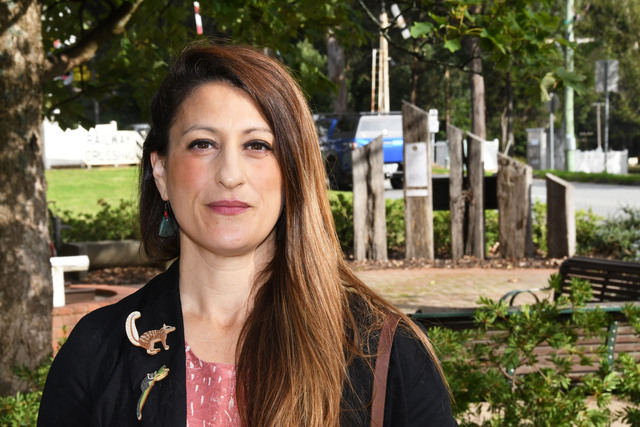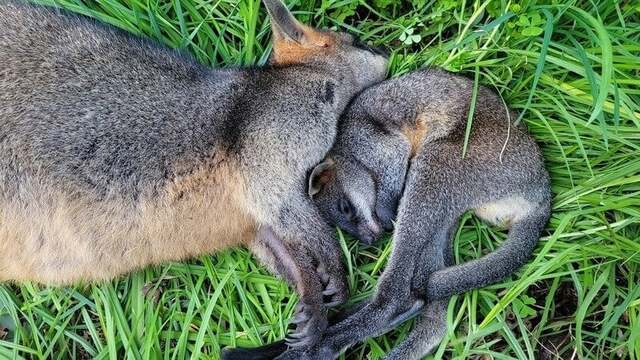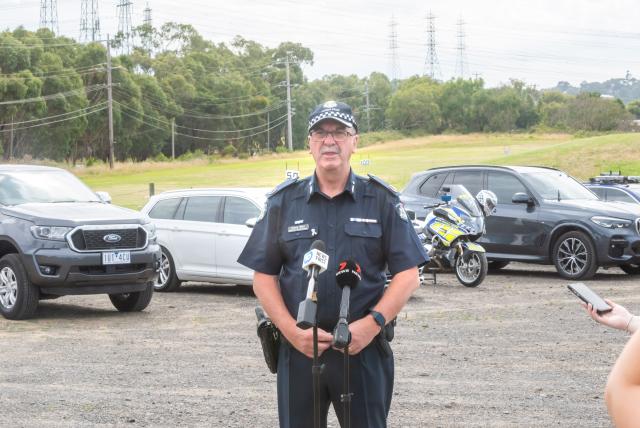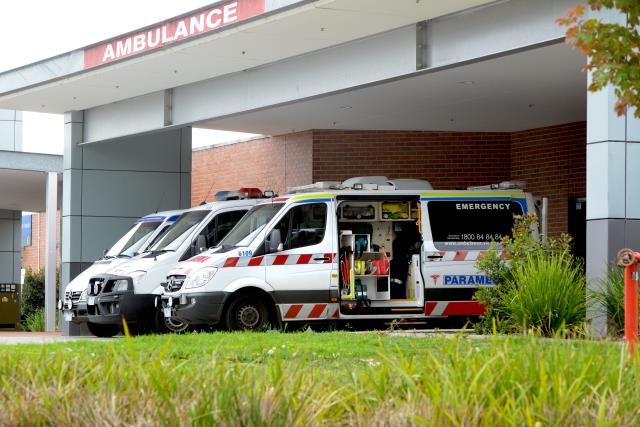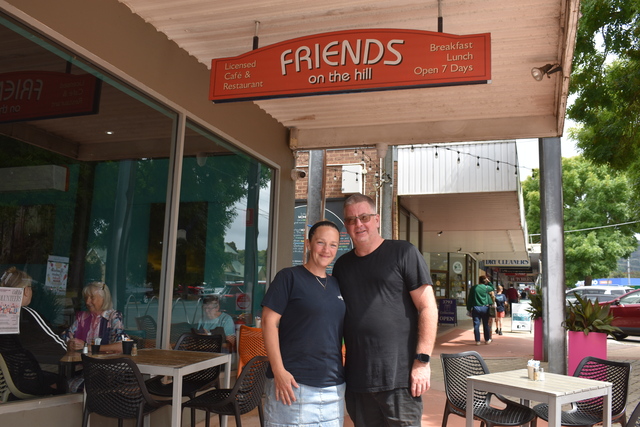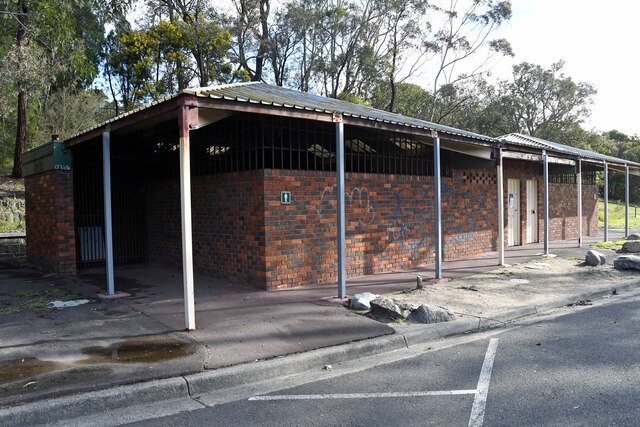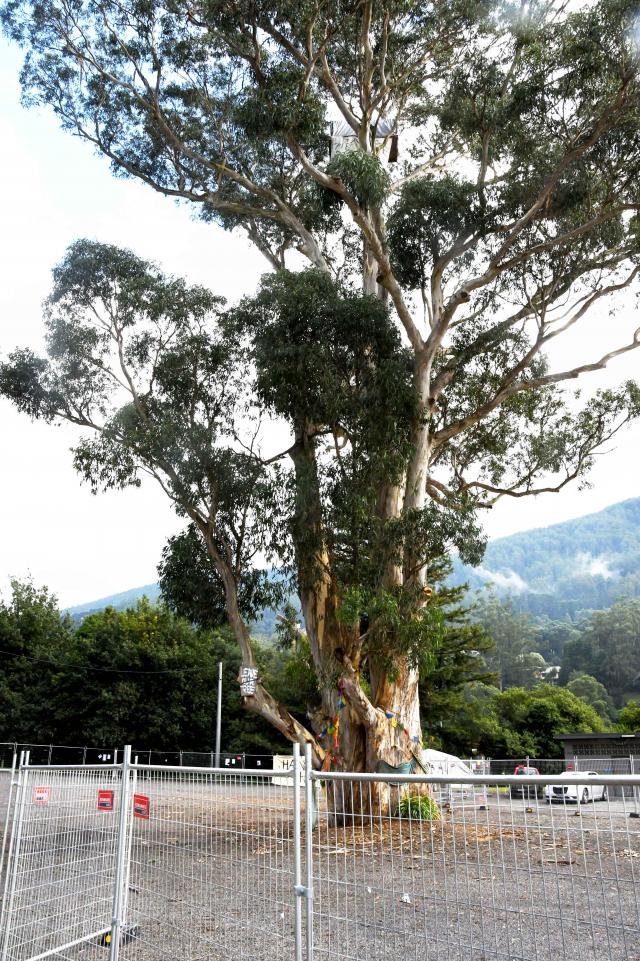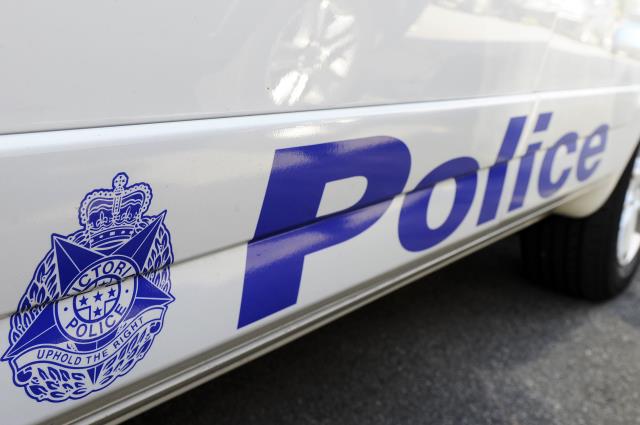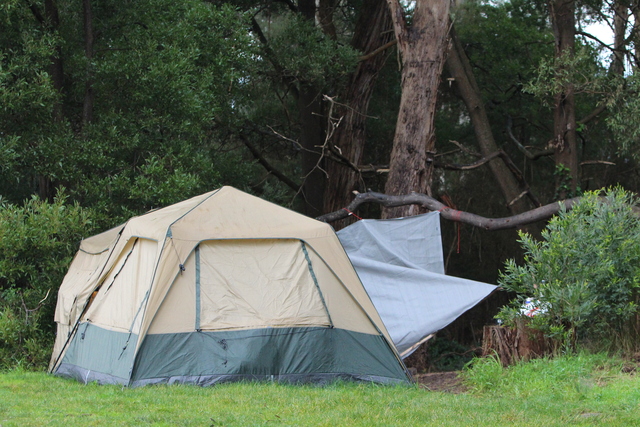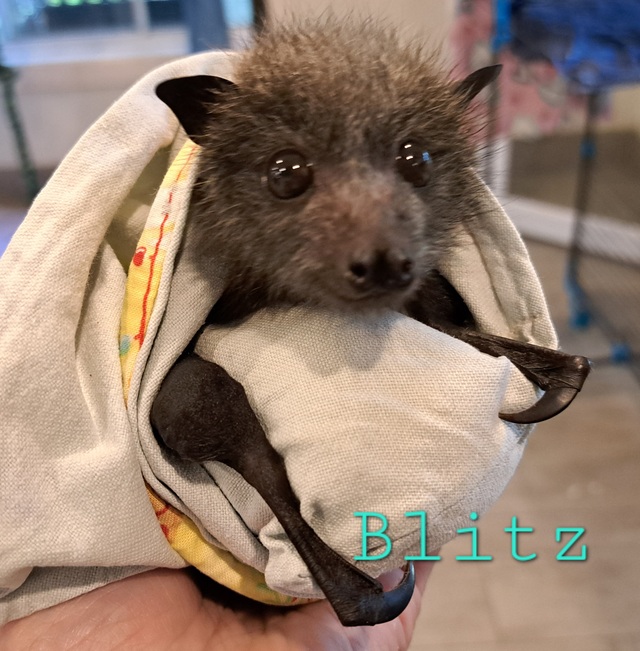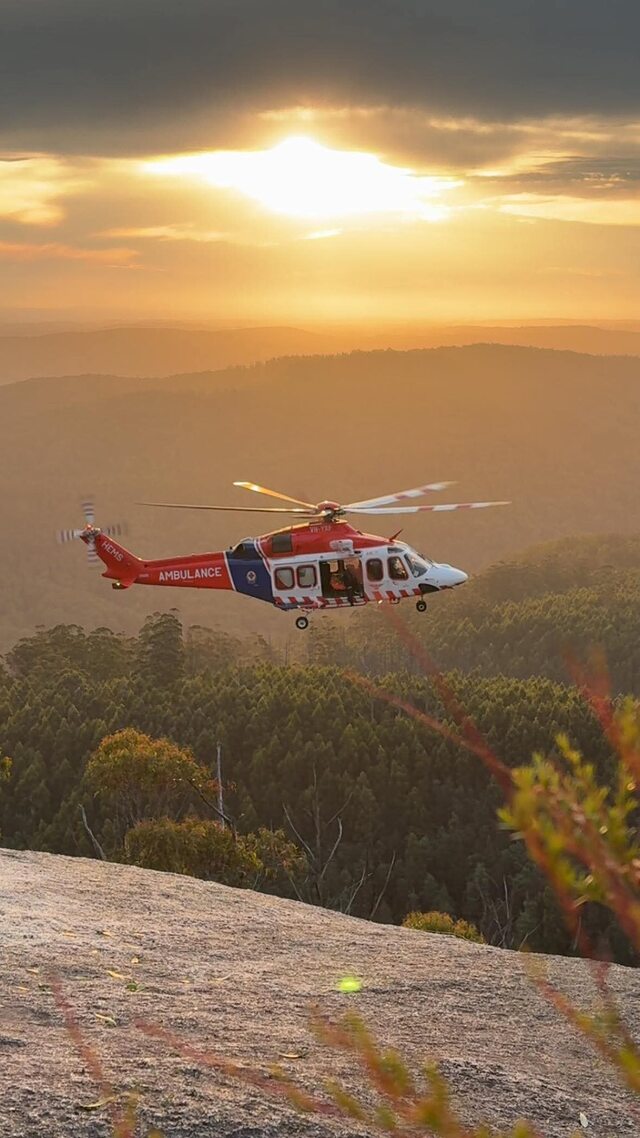Wildlife rescuers are calling upon councils, alongside local MPs, in proposing to implement the following actions to the Department of Transport and Planning (DTP), as a minimum, to help reduce the ongoing slaughter.
– Speed limits to be reduced during the time from dusk to dawn, when wildlife is mostly active. Speeds of 60-70 km would provide breaking efficiency when encountered with wildlife.
– The installation of Virtual Fencing throughout this entire 21 km stretch of road. These virtual fences actively alerts animals prior to crossing the road as cars approach, by emitting a combination of sound and flashing light stimuli. Testing has seen a 50% reduction of vehicle collisions. As there are known hotspots, in my findings, there is no safe zone for wildlife to cross.
– The use of electronic or solar panel VMS signage – displaying vehicle speeds and can relay messages to drivers of wildlife crossing and activity.
Emerald resident Leanne Sultana, a wildlife rescuer, has been lobbying to Knox, Yarra Ranges, Cardinia Council and local MPs, but says that after years of back-and-forth with little response, the experience has been “mentally debilitating.”
Since 2023, the iNaturalist app has helped her collect solid data that locates and records roadstrike hot spots, along with live GPS pins, dates and times, and detailed information about the wildlife that has been killed.
Over 12–14 months, she has recorded 408 animals killed in the Dandenong Ranges — 97 per cent on Wellington Road — and the numbers are rising.
“This number is astounding and it’s a significant concern for the community. This will have consequential impacts on our local ecosystem and biodiversity,” Leanne said.
“We are losing our beautiful wildlife at a staggering rate, which could all be avoidable. With support from the community, I believe that we can work to change the road toll to zero.”
Leanne, who had a spinal injury that kept her sidelined for six months, says since returning to work and commuting three days a week, she’s again witnessing the road’s ongoing devastation.
“I am sick to death of having to do this day in and day out,” Leanne said. “I am sick to death of seeing the needless death and destruction that our wildlife faces, and the continuing development that is impacting their habitat. I am sick of putting my life (and the lives of other volunteers) on the line, in the hopes of trying to stop an issue that clearly nobody in authority cares about.
“Also, factoring in the mental trauma and guilt some motorists feel when they accidentally hit wildlife. I am sick of rescuing joeys that never make it because they never survive the impact that is allowed for cars to travel at such speeds.
“Sadly, a human fatality will be enough for councils and MPs to call for change. However, the favour does not fall in the court of our wildlife, and I am here to be a voice on their behalf.
Additionally, tourists and visitors, who come to the Hills to enjoy its natural beauty and wildlife, continue to witness animals being harmed in this special area.
“My father in law from the USA came to visit us last year,” Leanne said.
“As much as it filled his heart with joy when seeing an echidna, swamp wallabies and wombats on a walk at the Kallista forest, it had also reduced him to absolute tears when he saw the amount of dead wildlife sprawled on Wellington Road. It’s actually quite embarrassing.”
In an email responding to residents’ concerns, Cardinia Shire Council Cr David Nickell warns “as this road becomes busier and busier with the significant population growth to the south, the wildlife deaths, vehicle damage and human costs only grows year on year”.
“With a parallel significant increase in Sambar and Fallow deer movements through the Eastern and Southern Dandenong Ranges, the likelihood of human fatalities only grows, as well, due to the size of the animals involved and the tendency of drivers to swerve suddenly at highway speeds, in order to try and avoid the collision,” the email stated.
“Add to this the high percentage (and growing) of visitor and tourist traffic with inexperienced country drivers that this road is conveying, who are not as conscious to look for wildlife and are less predictable in their reactions when they do suddenly encounter it at speed.”
For those elected to positions in this area, “public discussion of speed limit changes as a way to address the problem is politically very fraught”.
“Even though a modest change in limit will add no more than probably 50 seconds to a trip along the length of the road from Clematis to Kelletts road. The willingness of us to actually pursue a public discussion of this might be lacking – and I feel we all have to sign-up to such a message together, or it will not succeed,” Nickell stated in the email.
“Likewise the business case for significant engineering-based solutions is very unlikely to gain support when looking at other major issues facing Australia.”
DTP plans to change speed limits along this corridor to create a safer environment. By early 2026, DTP will deliver the following changes:
– Reduce the speed limit from 80km/h to 70km/h along Wellington Road between Stud Road (Rowville) and Kelletts Road (Lysterfield).
– Reduce the speed limit from 100km/h and 90km/h to 80km/h along Wellington Road between Lysterfield Road (Lysterfield) and Belgrave-Gembrook Road (Clematis).
In the meantime, DTP will continue to engage with state and local authorities such as the Department of Energy, Environment and Climate Action (DEECA) to identify opportunities for reducing wildlife collisions on our road network.
Cardinia Shire Council, general manager infrastructure and environment, Peter Benazic acknowledges with deep concern the recent reports of wildlife loss along Wellington Road.
“We commend and sincerely thank the dedicated wildlife volunteers and advocates who work tirelessly to protect injured animals and raise awareness of these incidents,” he said.
“Council is committed to engaging with the community, experts, and other stakeholders to explore all viable options that can enhance safety for both wildlife and people.”
Yarra Ranges and Knox City Council declined to comment, advising that Wellington Road is managed by the DTP.

